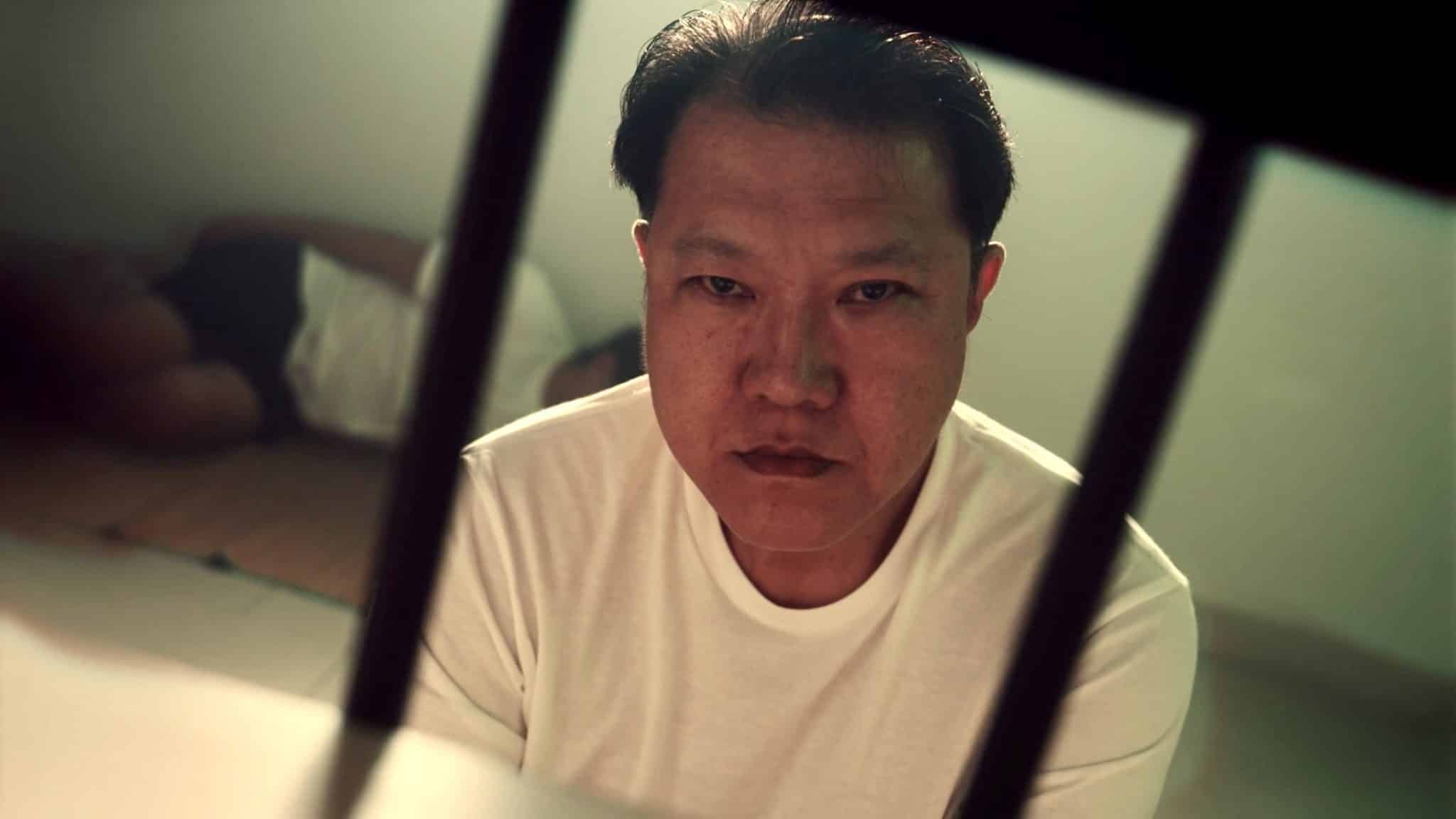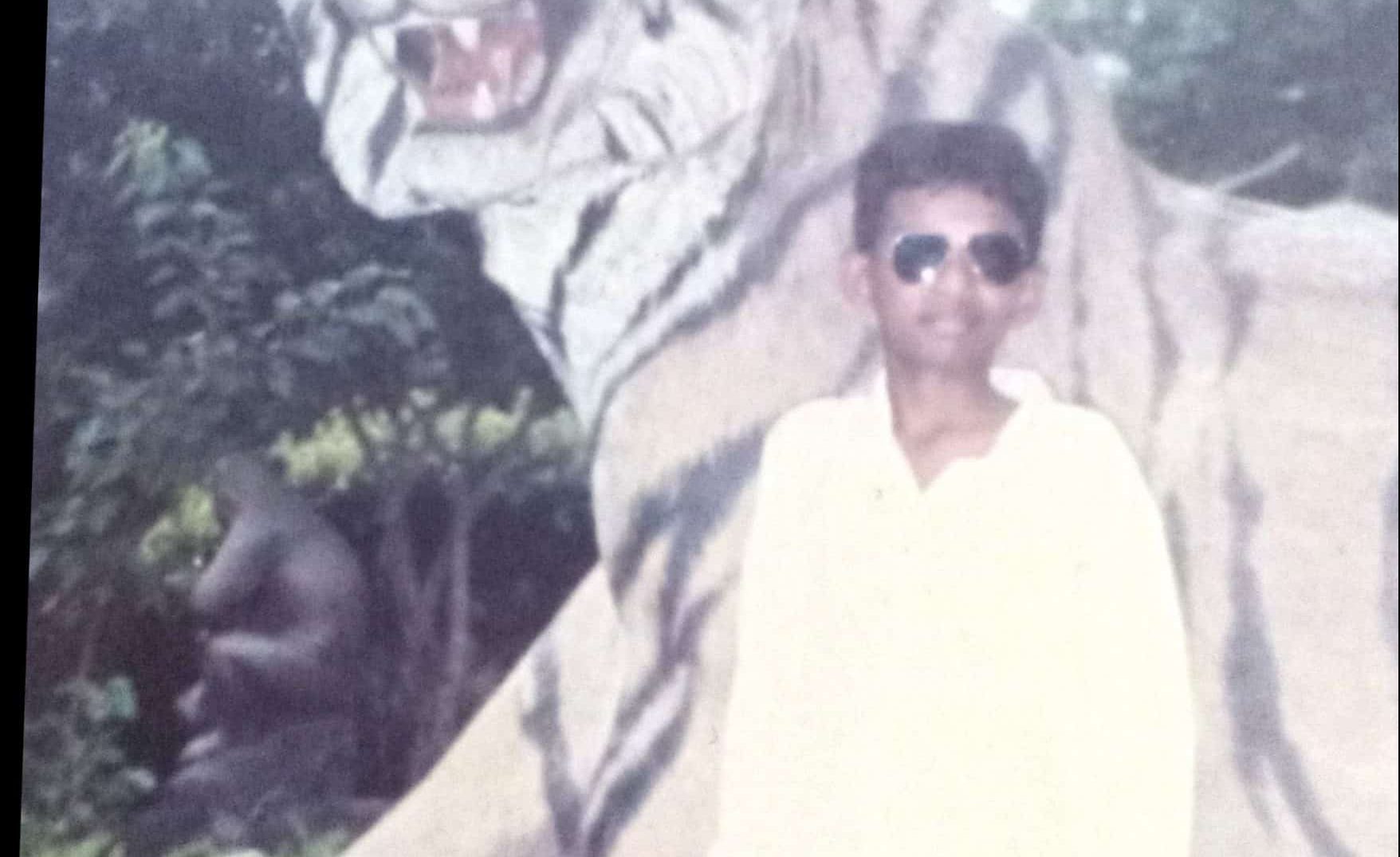“I trusted the wrong friend”: How a pastor’s son ended up on Singapore’s death row
by Christine Leow // October 12, 2023, 4:52 pm
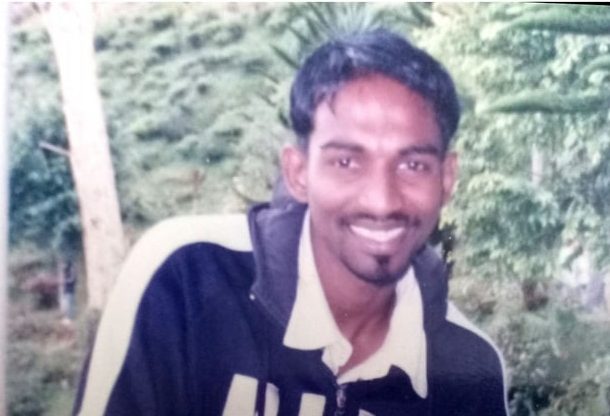
Pannir Selvam Pranthaman, now 36, has spent a quarter of his life behind bars. All photos courtesy of the Pranthaman family.
Most people know when they were born. Very few know ahead of time the day they would die. Not so for Pannir Selvam Pranthaman.
He knew his exact death day – May 24, 2019. That was the day he was scheduled to be executed for smuggling drugs.
Five years before, he had been arrested at Woodlands Checkpoint in Singapore for carrying 51.84g of diamorphine or heroin into the country. The amount was enough to get him convicted three times over. In May 2017, he was sentenced to death for the crime. He was 30 years old.
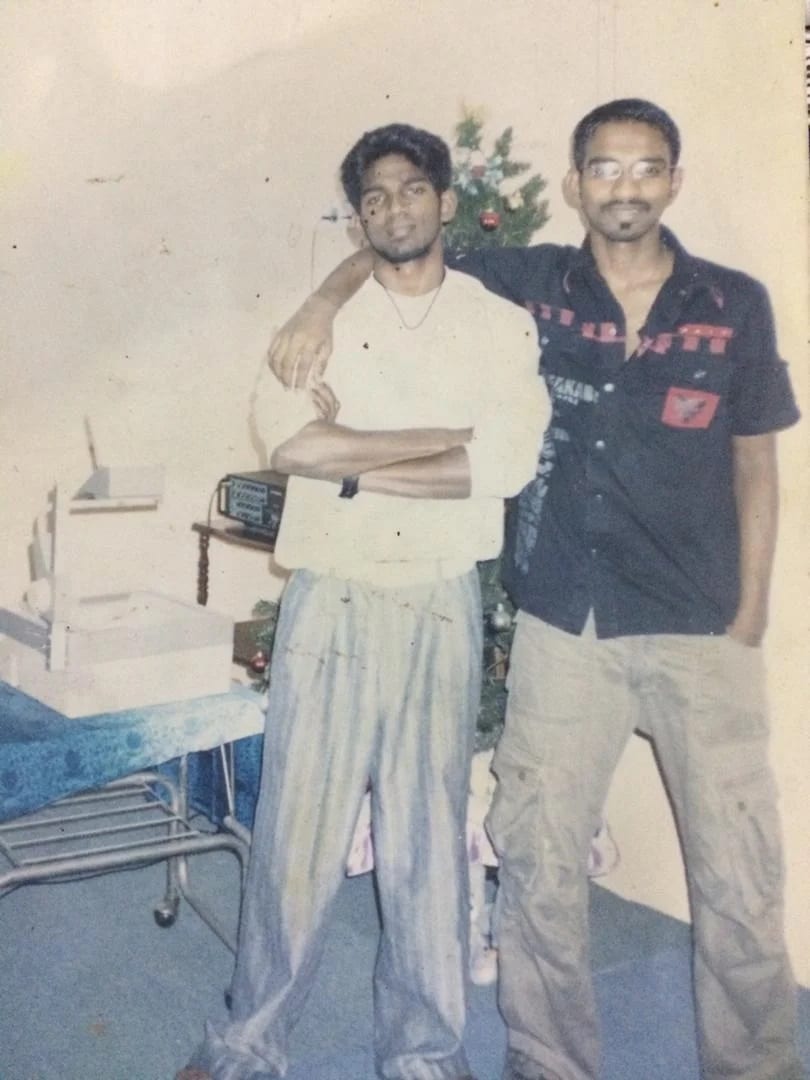
(Left) Pannir, at age 23, with his younger brother Isaac.
The execution never took place. Just one day before he was to be hanged, Panir was given a stay of execution. The reprieve is not permanent.
“I want a chance to heal the wound that I has cause [sic].”
Now 36, he lives knowing every day may well be his last.
“I admit my mistake and I sincerely apologise,” wrote Pannir in one of his many letters to his family. “I want a chance to heal the wound that I has cause [sic] … I sincerely wanted [sic] to do it not just because I have done wrong but I think everyone of us have [sic] moral responsibility to do so.”
The letters are the only way they can communicate with each other apart from weekly prison visits. The visits are difficult because his family lives in Malaysia – his parents and a few siblings in Ipoh and two sisters in Kuala Lumpur. Each visit requires a bus journey to Singapore at least five hours long, and then home again all within a day.
Through his letters and a Zoom interview with his youngest sister, Angelia, in Kuala Lumpur, Salt&Light pieced together the story of how a Malaysian pastor’s son ended up awaiting execution in a Singapore prison.
Small town boy
Pannir was born in Ipoh on July 1987. The third child of Pranthaman and Saratha who married when they were 17, he has an older brother and sister, and two younger brothers and a younger sister. The family of eight lived on their father’s modest income as a pastor.
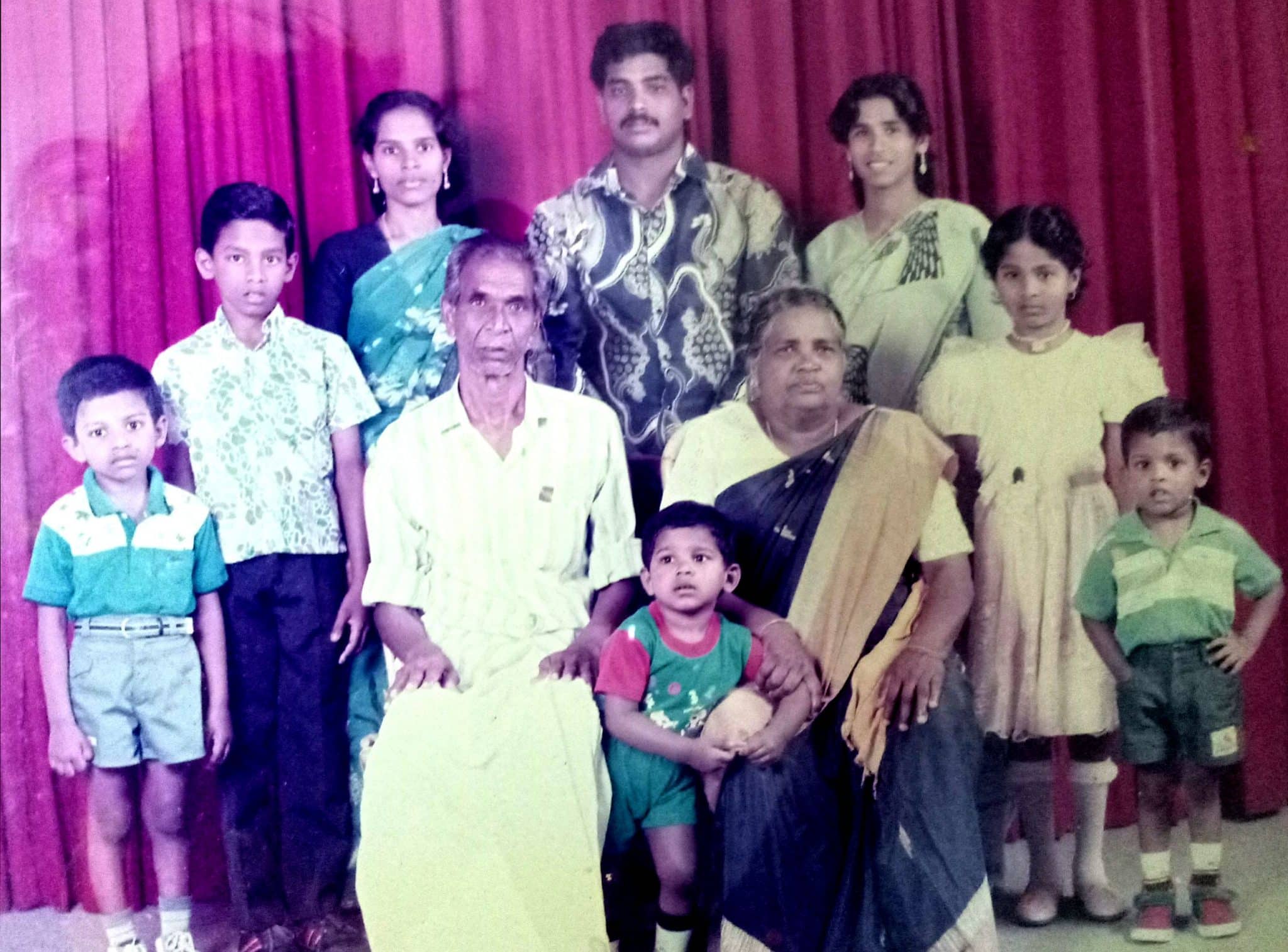
Pannir (extreme left) at age five with his grandparents, parents and siblings.
On a website his siblings started to share about his situation, Pannir wrote: “Our growing years was [sic] full of blessing as we were surrounded by Christian community.
“Growing [sic] in a family of six sibling sometimes caused disagreement [sic] but we were all close together and was [sic] there for each other.”
Angelia, his sister who is three years his junior, remembers Pannir to be “very cheeky as a child”.

As a child, Pannir (second from right) was sporty and cheeky, but also loving and kind, recalled his sister Angelia.
Lively and fun-loving, “he was usually the one selected to participate in dramas and skits”.
In church, he played various musical instruments – different drums, guitars and the keyboard. At Anglo-Chinese School, Ipoh, he was a school runner. At home, he was a loving brother.
“The best part of my life was gone, just like that.”
Joshua, who is two years younger than Pannir, wrote of a time he met with a serious accident that left him in ICU with multiple fractures.
“He fed me when I was hungry, bathed me twice a day and did everything necessary that helpless me needed,” recounted Joshua.
“At that moment, I realised that Pannir carries a heart of gold. Even though at times Pannir seems intimidating, behind that tough guy façade was a soft, caring heart.”
Life changed for Pannir at 15. That year, the church his father pastored had to release his father because they could not afford to support him. His father had to pastor another church. He took his family with him.
Out of all the children, Pannir was most affected by the move. Torn from the embrace of a church where “everyone knew everyone”, he found it difficult to make friends in the new church.
“The best part of my life was gone, just like that,” he said.
“My relationship with my father became distant. When my father tries [sic] to talk, it only ends [sic] up as an argument between us. I don’t [sic] like to listen to my dad anymore and he just doesn’t [sic] want to make the situation any worse.”
The wrong crowd
After completing his secondary school education in 2004, Pannir went to work at a warehouse.
Six years later, he made the decision to work in Singapore, one that would irrevocably alter his life. He lived in Johor Bahru and commuted to work daily. Throughout the four years, he sent money home but only returned home twice.
“We called, but in his busyness, he would not answer,” Angelia told Salt&Light.
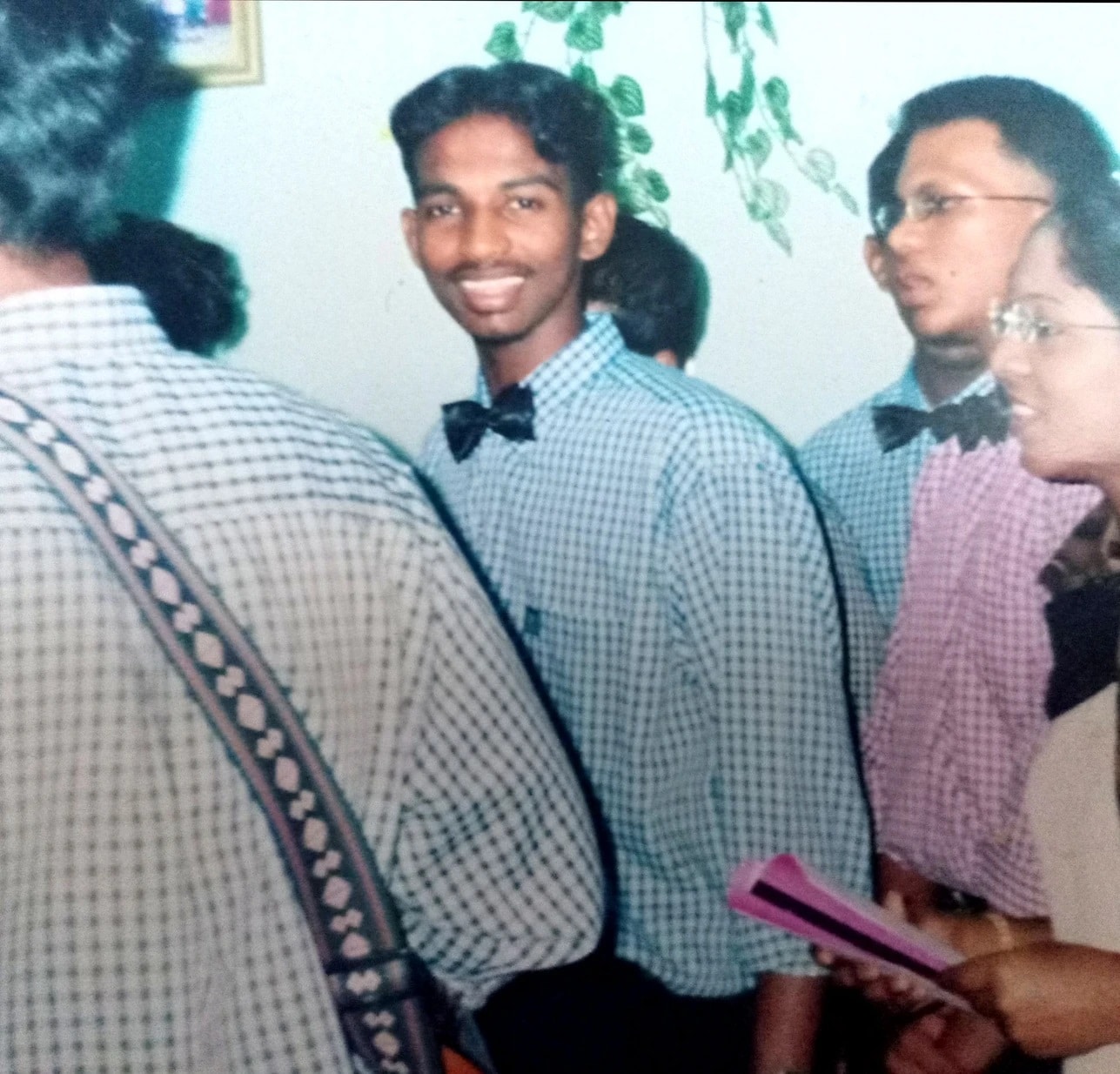
Pannir, at 19, carolling with church friends.
In 2014, while waiting to start a new job, Pannir went to a gambling den in Johor Bahru where he made new friends. This was a first for him.
He was stopped at Woodlands Checkpoint with almost 52g of drugs on him. He had “trusted the wrong friend”.
Making new friends was difficult for Pannir, as it reminded him of the time when his family moved and he lost his closest buddies. “He had few friends and preferred to be alone,” said Angelia.
Mere weeks afterwards, one of his new friends asked Pannir to help him carry a package to Singapore. Pannir understood it to be “a parcel of medicine” but did not ask more. This went on “for a short period”.
Then on September 4, 2014, he was stopped at Woodlands Checkpoint with almost 52g of drugs on him. He had “trusted the wrong friend”, said Angelia.
“Payment was offered but he didn’t receive any. He thought he was doing a favour for a friend.”
A sentence pronounced
It would be three days before his family in Ipoh found out about his arrest in Singapore.
Every week, they would take turns to travel by bus for hours from Malaysia to Singapore to visit him.
Said Angelia: “My mum was very sad. My father was surprised. At first, we didn’t understand the situation.
“We never thought it would be something so serious. Nothing like this had ever happened in our family or our congregation.
“Then they started to pray. My mum has always prayed for us. Always.”
Pannir, then 27 years old, spent the next few years in remand while his case went to trial. In that time, he turned to the God of his youth and his family began to see the change in him.
Every week, they would take turns to travel by bus for hours from Malaysia to Singapore to visit him.
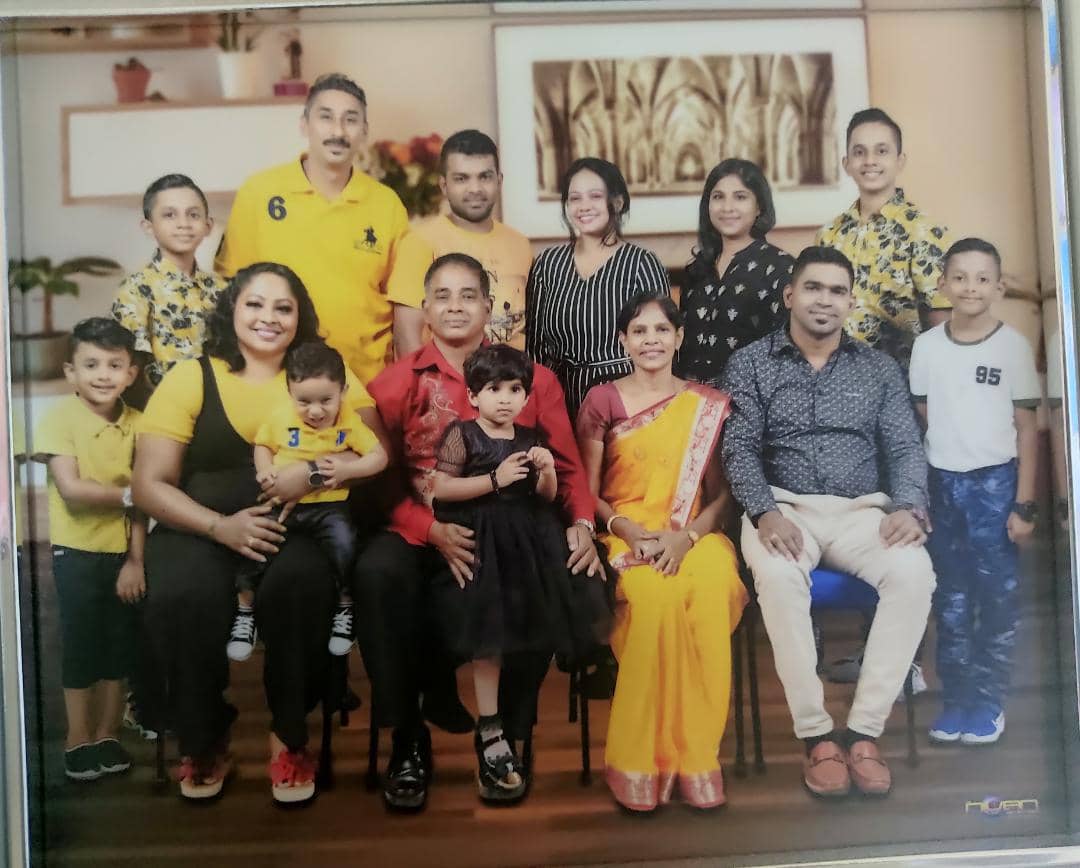
A recent photo of the Pranthaman family. Pannir’s presence is painfully missed.
In their conversations, as well as in his letters to them, Pannir would quote Bible verses to encourage them even though he was the one behind bars.
“It punched a huge hole in my heart when I remember I can’t do anything now.”
In 2016, he wrote to Angelia: “My little sister Angel, God is our refuge and strength, an ever present help in trouble (Psalm 46:1). He watches over all who love Him (Psalm 145:20) … I wish to be there, help out what I can. It punched a huge hole in my heart when I remember I can’t do anything now.”
Almost three years after he was arrested, Singapore’s High Court handed Pannir his sentence.
He wrote about the day that happened: “I was sentenced to death on 2 May 2017 in front of my family … I saw my family broke [sic] down and cried [sic]. They can’t [sic] believe all this was really happening.”
Reflecting on his family while in prison, he wrote: “All my family ever do [sic] is love me for who I am and be always there for me, and all that I ever do or give back to them is the pain and burden that they will carry with them for the rest of their life [sic] – this hurt is more than the sentence itself.”
With the sentence meted out, Pannir would have only a year or two before the execution. But his story was not done.
Read Part 2 of Pannir’s story on Salt&Light tomorrow.
RELATED STORIES:
The “stubborn ox” who escaped the gallows for drug involvement – twice
Dealt with a ‘death sentence’, an ex-pastor grapples with questions about faith and healing
We are an independent, non-profit organisation that relies on the generosity of our readers, such as yourself, to continue serving the kingdom. Every dollar donated goes directly back into our editorial coverage.
Would you consider partnering with us in our kingdom work by supporting us financially, either as a one-off donation, or a recurring pledge?
Support Salt&Light